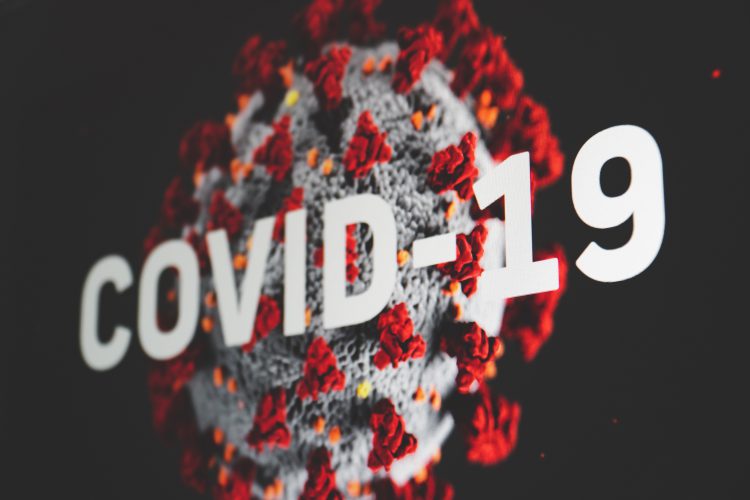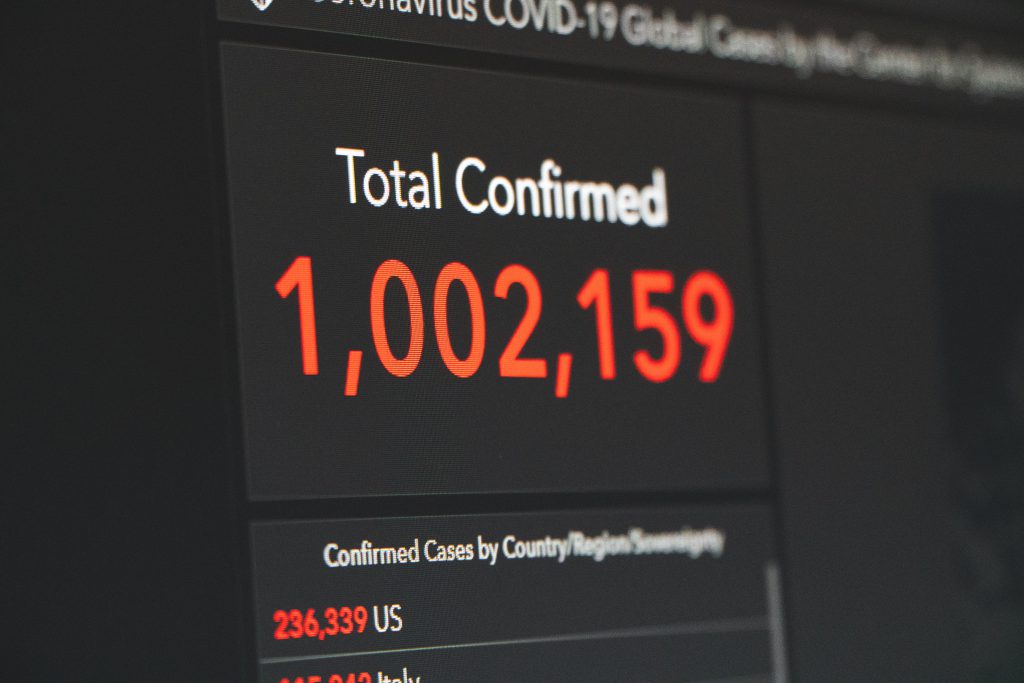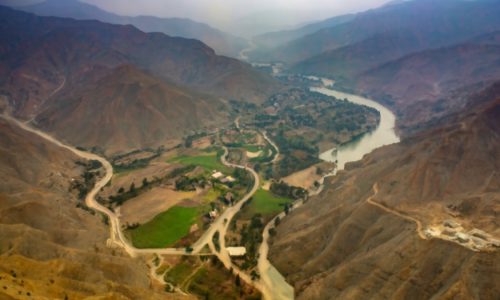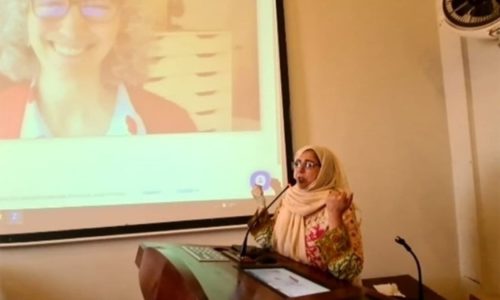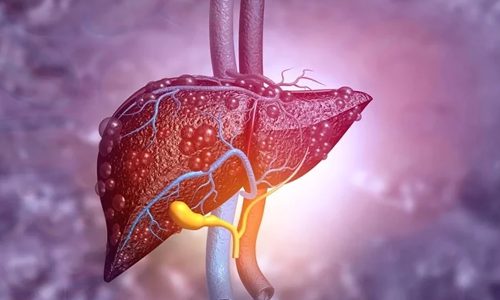While we celebrate the 50th anniversary of Earth Day in 2020, COVID-19 is restyling the priorities of globalization. The actions of states–whether these are preferences for strategic and economic interests over managing the shifting sands of climate change, perils of livelihoods, or matters of lives – reflect that the world is changing and the challenges are huge. With life at a standstill and nearly all its provisions sealed off, the dynamics of aftershocks and the end state remain uncertain. The pandemic has thus exposed vulnerabilities and raised doubts. It has sparked new debates and unleashed ample avenues of improvement at the same time. There is hope for action against the backdrop of grim realities. The moment marks a tipping point for the world’s development order that waits to be restored through peace and cooperation.
The unique case of COVID-19 has taught the new century dwellers that rumours and fear spread faster than the virus. Rumors thrive on fear and uncertainty, and the outbreak offers plenty of both. Within weeks of the pathogen’s appearance, social media lit up with suggestions that the virus was a biological weapon – either a Chinese one that had escaped from a laboratory in Wuhan or an American one inflicted on China. While such rumours are less credible, given that neither the U.S. nor China has an incentive to develop biological weapons, they are difficult to dispel, because military officials on both sides still view with suspicion each other’s motives in building biosecurity programs.
The presumption might not be a historical first. The historian Alfred Crosby noted that the 1918 Spanish flu pandemic was suspected to have been started by German agents. Similarly, when H5N1 (bird flu) became a major concern worldwide in 2008, Indonesia’s then-health minister accused the United States of using virus samples to develop biological weapons and suspended the operation of a U.S. Navy medical research unit in Jakarta. It is therefore more important for states to get into the brass-tacks, mitigate adversities, and devise focused and comprehensive solutions rather than being caught off-guard.
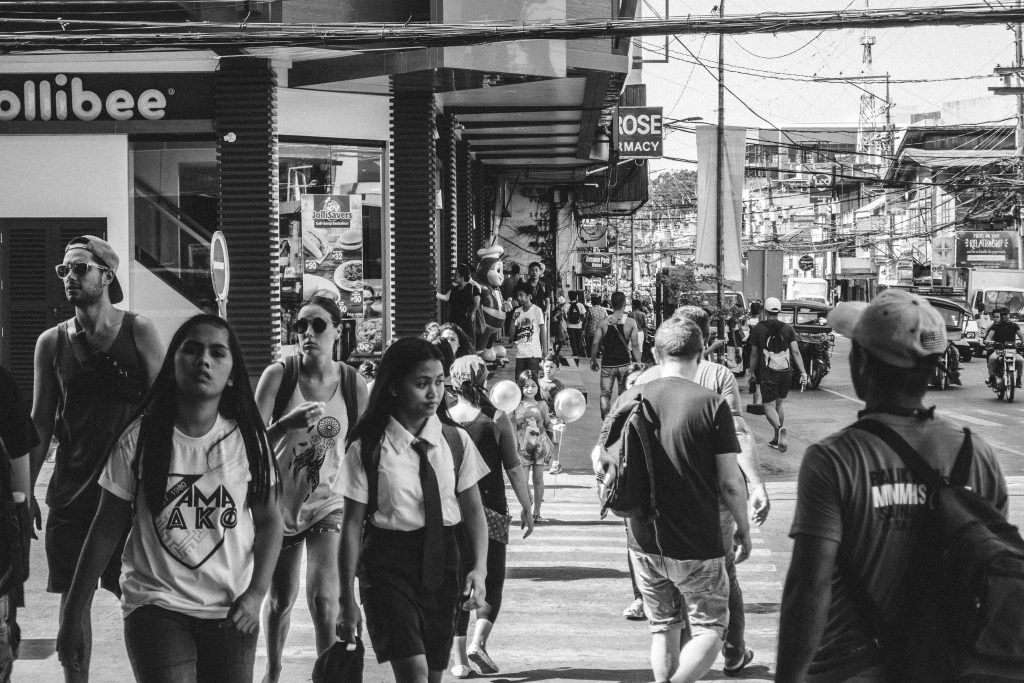
Pandemics spread more than the disease. They threaten the health of entire societies and economies and can completely affect the socio-economic fabric. Multiple angles to it include toll on employment, production, supply chains, and key national assets. To offset the upcoming economic fallout of COVID-19, new stimulus and social spending measures could persist past the current crisis–but does the Global South possess pockets deep enough to do this?
Hence, treating pandemics purely as a health crisis will only perpetuate an ineffective and financially reckless cycle of panic, response, and neglect. COVID-19 has taught us a similar lesson and its novelty leaves many unknowns. Especially, we do not know if the pandemic will lead to another great economic depression, as the lack of fail-safe manufacturing alternatives can cause supply chains to break down, as they have prompted in some medical and health-related sectors.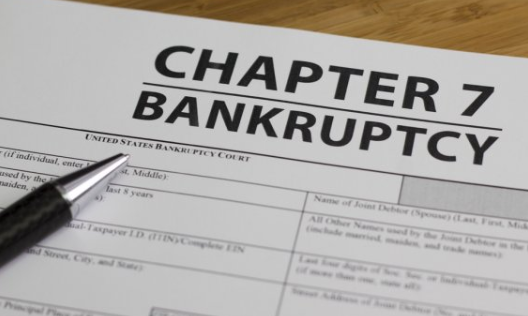
One of the most significant questions we have today is whether COVID-19 end globalization of economy as we know it. As it is causing markets to plunge and analysts to slash growth projections, its potential to damage the global economy is rapidly becoming clear. It is also exposing the fragility of this globalized system. Some economic sectors could be pushed close to collapse if the pandemic prevents a single supplier in a single country from producing a critical and widely used component. Critical medical supplies are at the same time either running low or out of stock in many countries.
COVID-19 will alter the relationship between the state and the economy, the producer and the consumer, the servicer and the user, and so forth. New contours of utilities range from sanitization to digitalization, as the global digital population reaches nearly 4.57 billion. Beyond COVID-19, alternative forms of economic renewal, civic mobilization, connected technologies, sophisticated healthcare, tele-operations, and remote working will gain salience by degrees in many societies, paving the way for building capacity and structures for research and coordination mechanisms. The world is on the cusp of witnessing a new digital age that demands transparency and adaptability of action based on fair and justified models of development.
The politics of the pandemic, as noted by David Gordon at the International Institute for Strategic Stability, will be subject to ‘the synchronicity of the shutdown and the simmering rivalry between the U.S. and China’ as ‘key factors that will probably worsen the economic impact of the crisis and complicate the recovery.’ As new battles of narratives emerge through rising geopolitical competition among major world powers, experts foresee disruptions in political systems and international relations. It may also place several badly affected governance systems into question. Some governments are giving in to their worst instincts, like hoarding. These beggar-thy-neighbor dynamics threaten to escalate as the crisis deepens, choking off global supply chains, particularly for urgent medical supplies. Such a retreat from globalization would make generosity an even more powerful tool of influence for states that can afford it and would compel others to strengthen their own critical infrastructure sectors.
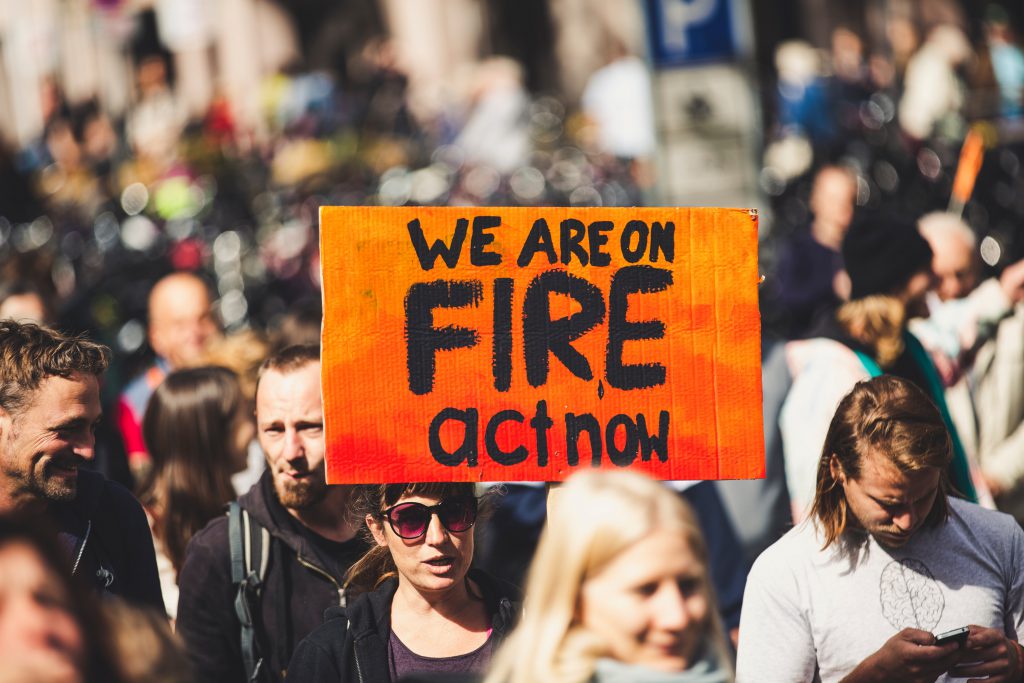
That said, these are testing times for the post-Second World War international order that thrived on the purported norms of global integration, interdependence, and goals of sustainable development. While being entangled between criticism for lack of coordination and action, the international institutions have to pick up the torch and execute chartered responsibilities–else, such a vacuum of power and influence has scarcely been the dictate of history. Shared pragmatism of policy choices and their robust implementation, contingent upon inclusivity, are key essentials for creating better futures.
The author, Dr. Atia Ali Kazmi works as a Senior Research & Policy Analyst at NUST Institute of Policy Studies (NIPS), and can be reached at atia.ali@nust.edu.pk 

